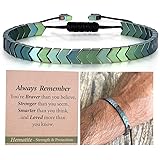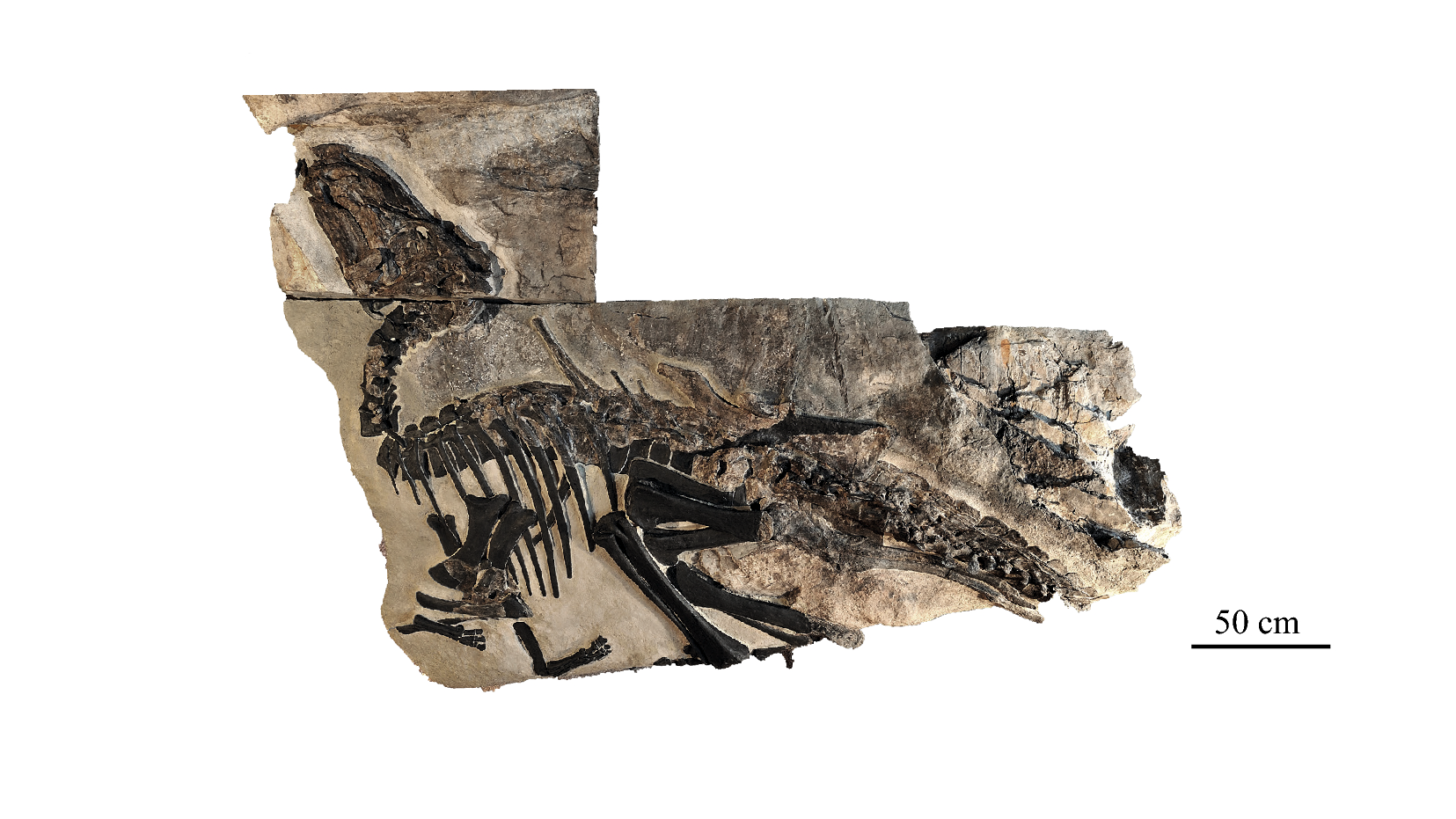
This week, the Better Business Bureau issued a warning about the proliferation of COVID testing scams. According to the BBB, fake websites and janky in-person testing centers are using COVID testing as an excuse to steal people’s personal and insurance information and/or make a few bucks. Here are some tips to avoid falling prey to COVID testing cons.
How COVID testing scams work
Scammers are reportedly setting up legit-looking websites that seem affiliated with local pharmacies or testing centers. When you google a testing center, one of these might pop up.
In one version of the scam, the site will let you make an appointment for a test. When you show up, you’ll be asked to fill out a form that asks for personal information, and your driver license and insurance card will be copied. The scammers will do a “test” and promise your results in a day or two, but the results will never come because the entire operation only exists to harvest your personal details.
In the simpler version of the scam, consumers fill out an online form to set up an appointment, often at a legitimate testing center, by providing personal information and even paying a small fee. When they arrive at the Walgreen’s or testing site, there’s no appointment, because the site is fake.
How to spot and avoid scam COVID tests
- Only use official websites to set up appointments: Free COVID tests are available to everyone in the United States at pharmacies and test centers. The U.S. Department of Health and Human Services’ website offers a database of COVID test providers in every U.S. state and territory. Your county’s website probably has a list of testing centers, as well. You could also ask your healthcare provider for a recommendation.
- Avoid testing sites that charge a fee: COVID tests are free, whether you go to a testing site or have the government mail you a test. According to the Better Business Bureau, “If someone insists you pay for a test, especially if they claim it will cost you hundreds of dollars, it’s a scam.” It’s worth noting, though, that there are some legitimate services in which you pay for speed or convenience, but consider it a red flag and worth investigating more closely.
- Watch out for lookalike websites: Many of these COVID scams rely on spoofed websites that look exactly like legitimate ones, so make sure the site is secure, and check for misspellings or out-of-place text in the URL.
- Be wary of unsolicited calls and messages: If you received a text message, call, or email out of the blue, do not give up any personal information. Legitimate companies and healthcare providers generally don’t call people without permission.
- Read the fine print: The Better Business Bureau suggests you carefully read any agreement you are asked to sign, and question where your personal information is being kept and what lab is processing the results. While this is good advice in general, I don’t see why a scam test site wouldn’t just lie to you—but maybe you’ll ask a question they can’t answer and thus reveal the scam.
Note: This article have been indexed to our site. We do not claim legitimacy, ownership or copyright of any of the content above. To see the article at original source Click Here













